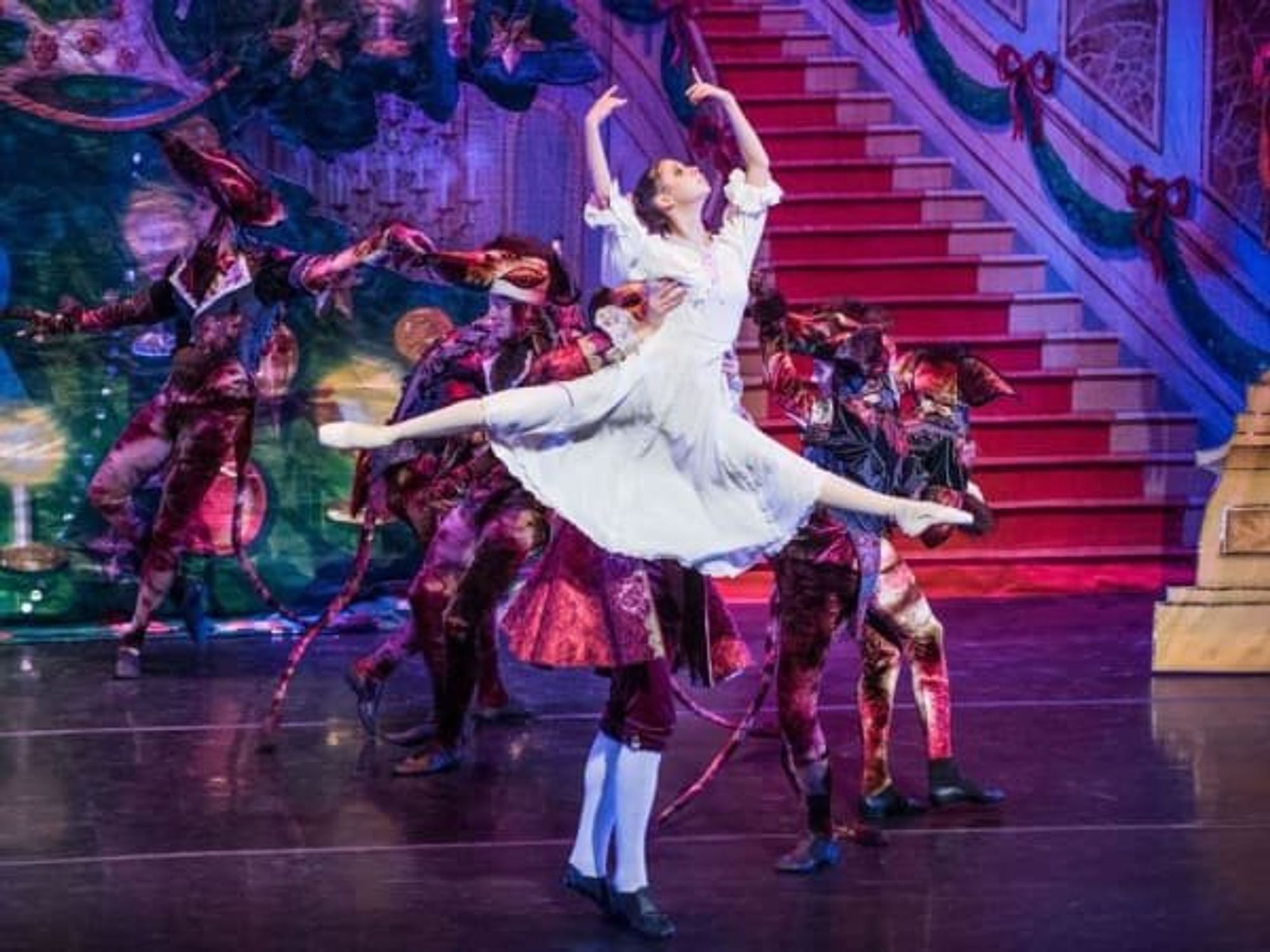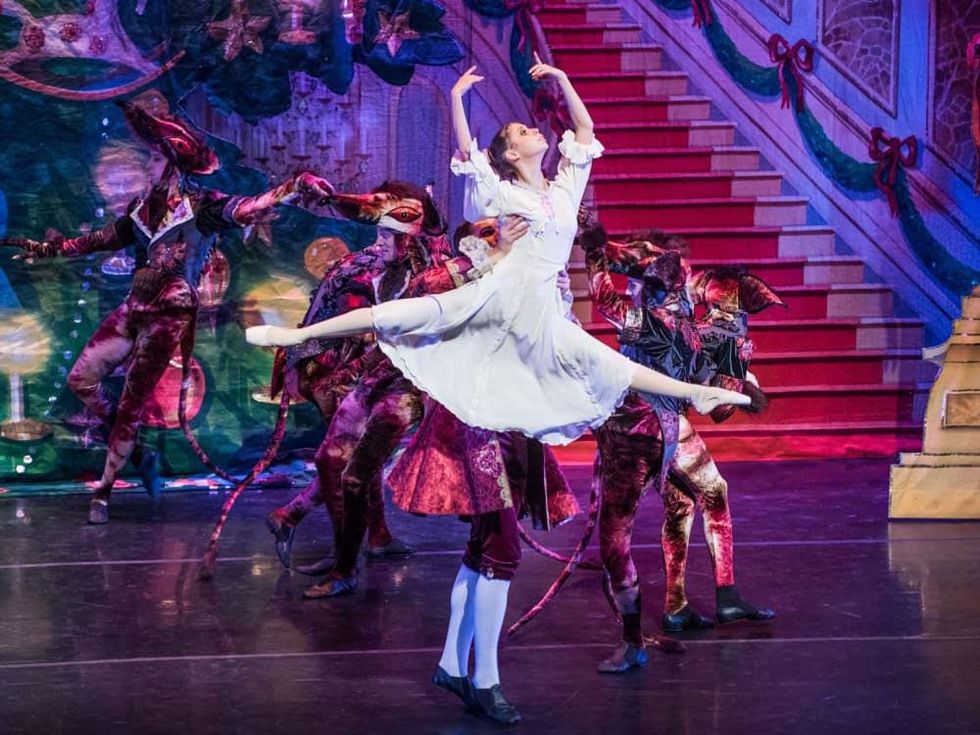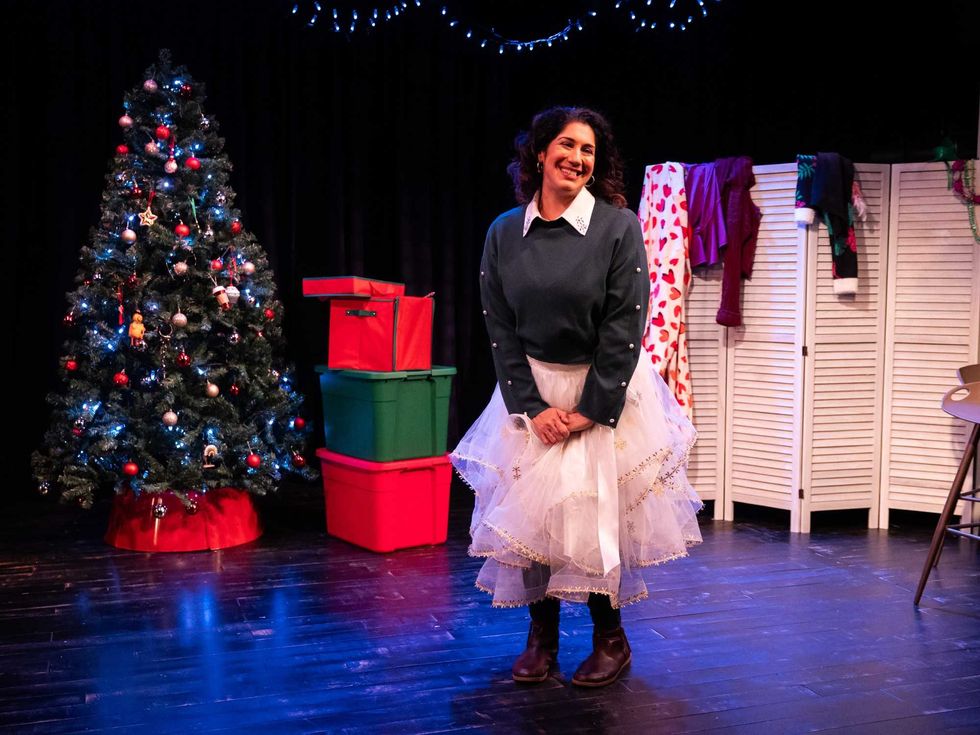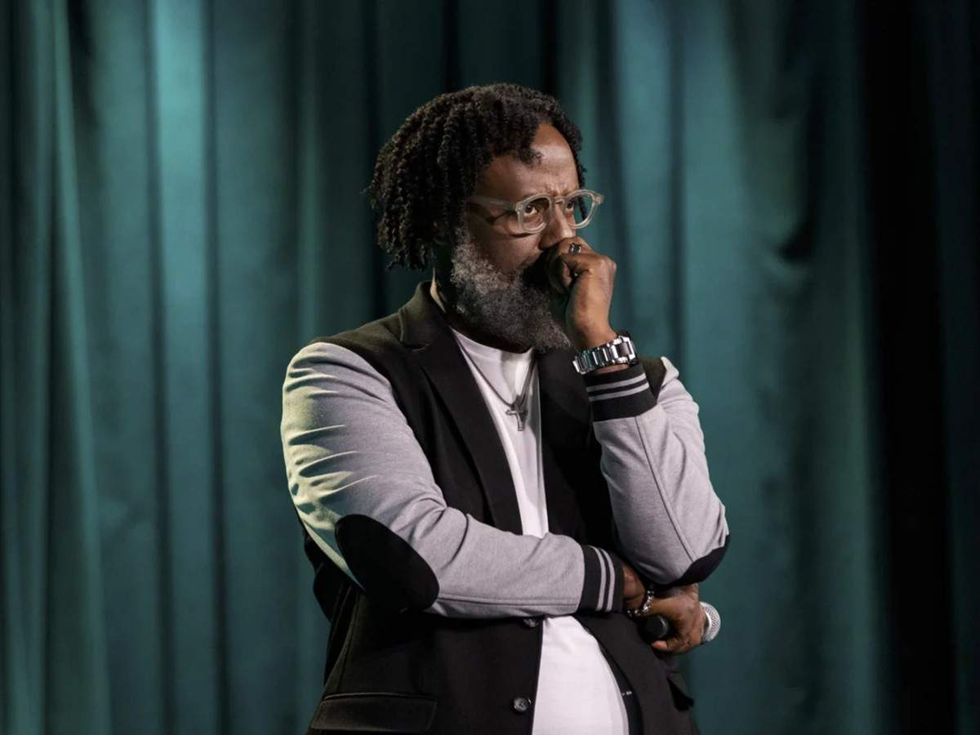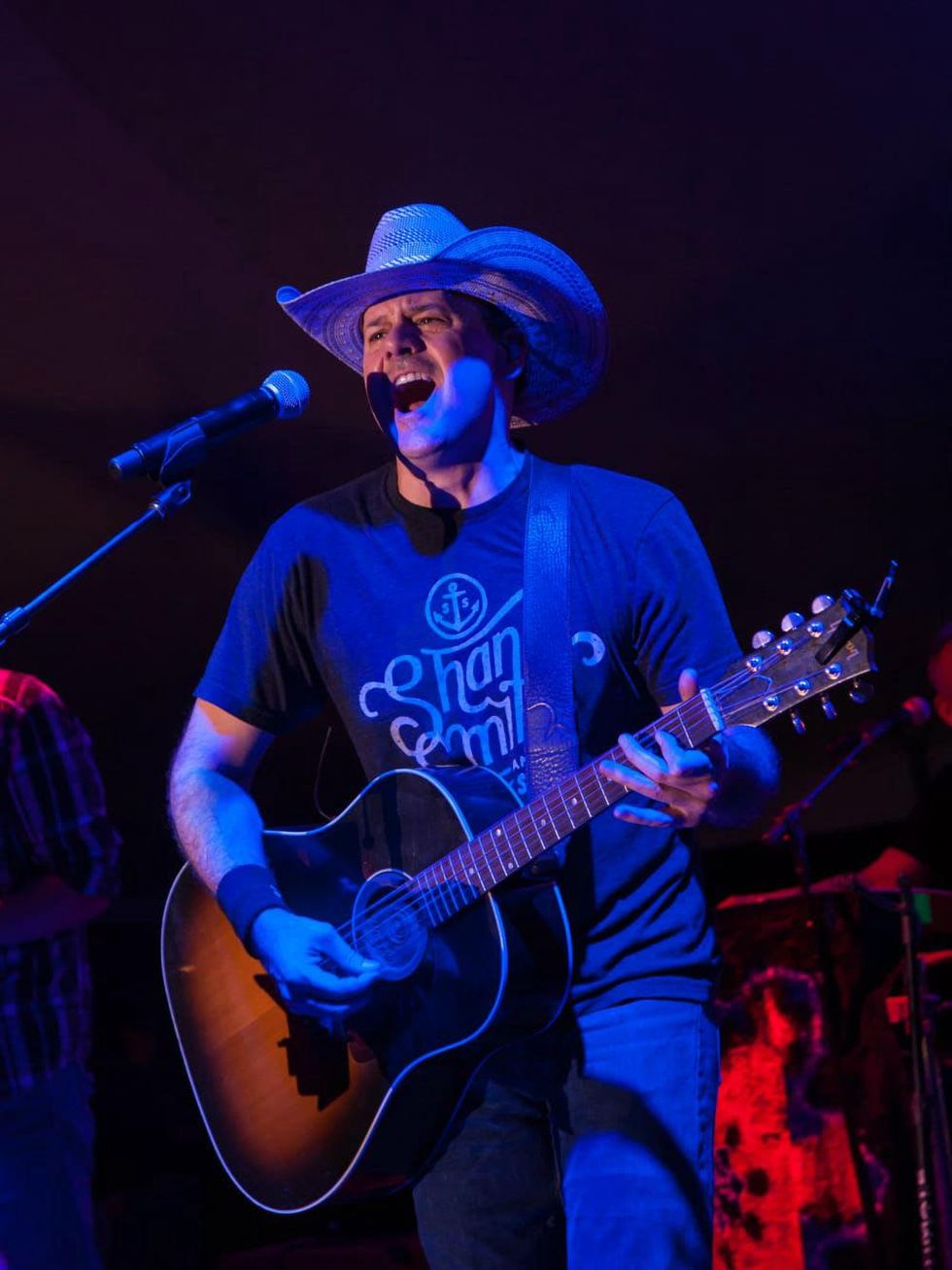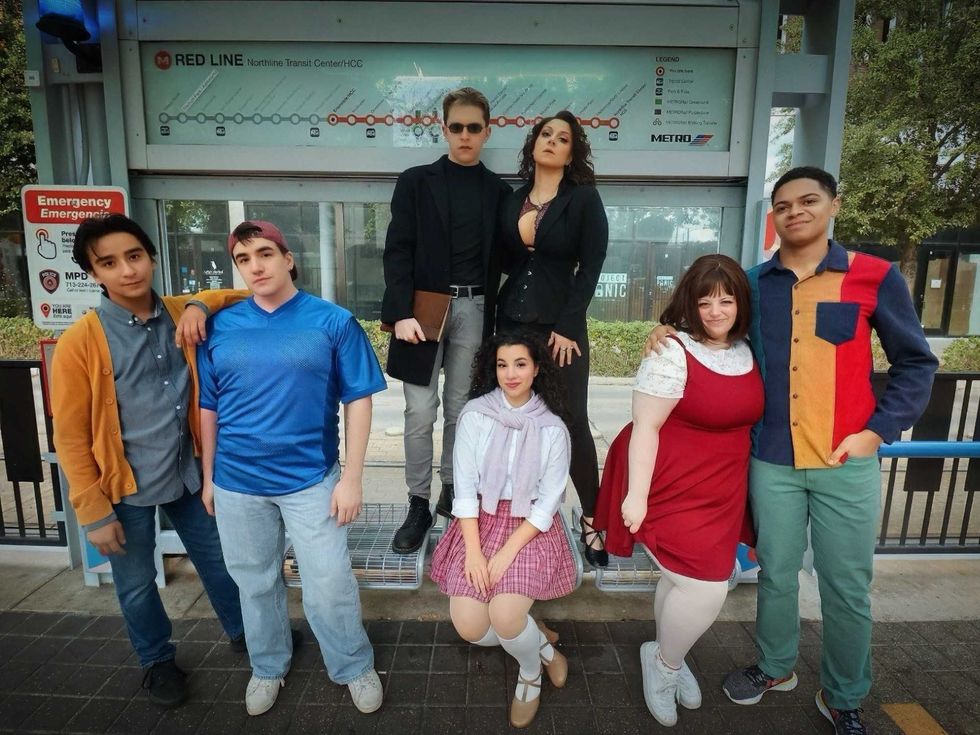Books
In Stories I Only Tell My Friends, Rob Lowe kisses but doesn't tell everything

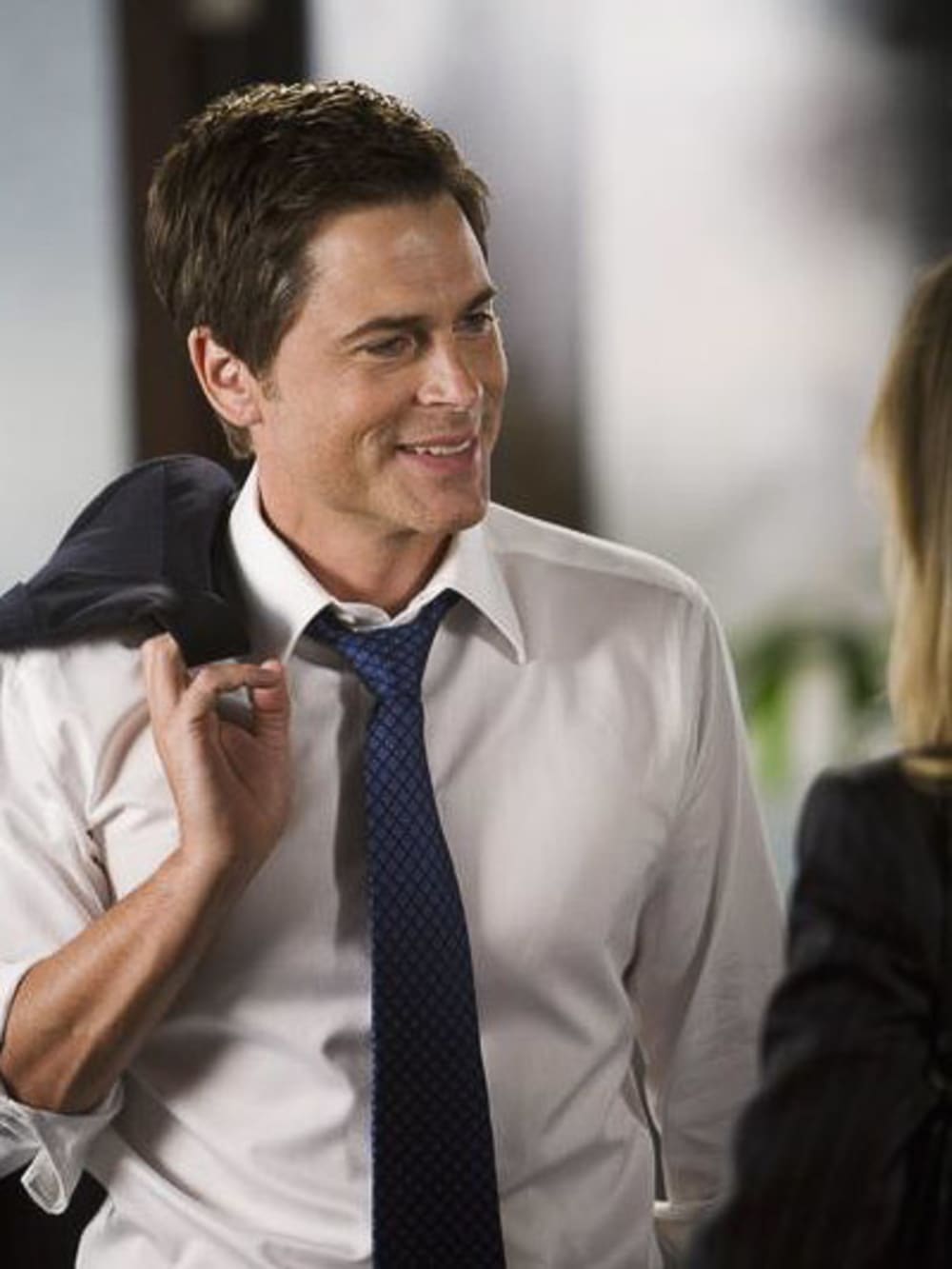 Lowe in "Brothers & Sisters" before he got killed off the show.
Lowe in "Brothers & Sisters" before he got killed off the show.
Editor's Note: Part of summer fun is reading a trash novel or celebrity tell-all. Contributor Jane Howze evaluates actor Rob Lowe's memoir.
I'm probably one of the few red blooded females in this country who never saw Rob Lowe in The West Wing or followed his womanizing ways as a member of the infamous "brat pack." And no, I never saw his famous sex tape either. I came to love Rob Lowe late in life — call it my middle age crush — when he showed up as Senator Robert McAlister on the beautifully written Brothers & Sisters.
While easy to dismiss him as just another pretty face, albeit for the plus-40 set, it turns out the boy or man can write — and write well at that.
In Lowe's Stories I Only Tell My Friends (Henry Holt & Co., $26), Lowe not only mentions almost everyone in Hollywood but tells a poignant tale of how a middle class kid raised in Dayton, Ohio, of a lawyer father and new agey mom ends up in Malibu playing with Charlie Sheen, Sean Penn and Emilio Estevez.
While Lowe is happy to dish in a discrete statesmanlike way about the multitudes of stars in his orbit (more on that later), the best part of the book is the familiar tale of a boy of a broken marriage who tries to fill this void in a myriad of unhealthy ways — think drugs, non-stop partying, and women — until years later he gains enough self-awareness to become a wiser, introspective and conscious adult.
Intertwined with this theme is the Hollywood roller coaster ride of a child star who hits it big only to fall and rise yet again.
There is a sense of destiny that emanates from Lowe. When he was only 10, he boldly knocked on the hotel room of Liza Minnelli who was performing in Columbus. Though it seems preposterous to consider today, Minnelli's husband Jack Haley answered the door and the youngster said, "My name is Rob Lowe. I want to be an actor and I was hoping to meet Miss Minnelli."
Minnelli, at the height of her fame after winning as Oscar for Best Actress in Cabaret, invited Lowe into her living room. She was eating chocolates, drinking wine, and they chatted about theater and music before she sent him off with a wink: “Good luck, kid. Maybe I'll see you in Hollywood.”
Destiny continued to knock at Lowe's door when he moved from Ohio to California with his mother, who had unspecified mental health issues and spent most of her time in bed, and her new husband. (Lowe comments that, to this day, women in pajamas give him the creeps.)
Lowe was determined to get into acting and while still in junior high signed with an agent. He worked hard with little help from his disengaged parents, riding the bus two hours each way to get to Burbank for auditions. He got bit parts and even a short-lived sitcom but work eventually dried up. On the verge of chucking it all and going to college (he got accepted to both UCLA and USC) he snagged a role in Francis Ford Coppola’s The Outsiders, starring Patrick Swayze, Tom Cruise, Matt Dillon, Ralph Macchio, Emilio Estevez, Diane Lane, and C. Thomas Howell.
His career was officially launched.
St. Elmo’s Fire (1985) and About Last Night (1986) followed. Lowe writes extensively about the highs and lows of making movies and his naiveté in his new world. When Coppola suggested tai chi before beginning The Outsiders, Lowe though the director he was referring to take-out Chinese food.
The book is chock full of bold faced names. Readers seeking dirt should know that his worst “trashing” is characterizing Tom Cruise as “robotic with a bloodless focus.” He recalls meeting Sarah Jessica Parker when both were teenagers at a lunch arranged by his agent. Lowe describes a date with Cary Grant’s daughter where Grant gives him a bar of Fabergé soap (Grant was on the board of the company.) The co-star of his first failed sitcom is Janet Jackson. Although he dated Melissa Gilbert for several years, he mentions her only in passing, saying that her mother wouldn’t let her visit him on set.
President Bill Clinton gives him advice on parenting. He campaigns tirelessly for Michael Dukakis, even throwing up before a press conference because he is so worn down. Lowe meets JFK, Jr. in Sun Valley and in a weird twist learns that the flight he regularly took from Washington to Los Angeles was used by the hijackers for a trial run in August of 2001. Jodie Foster is mentioned as the one friend who stood by him after the infamous sex tape to which he devotes a measly four pages to and basically says “I had no idea anyone in the club was underaged.”
In the same vein, Lowe refuses to settle scores with anyone involved in The West Wing, though he writes he was the only star who never received a raise and mentions instances where he was excluded from photo shoots, asked to give up his main billing and had his part cut in later years.
While Lowe doesn’t directly address the “pretty boy” label, he does write about how depersonalizing it was being called a “hunk” and writes with gallows humor about sitting on the bed ministering to his dying grandmother as a nurse was asking him for an autograph.
Lowe is at his best when he writes about his battle with alcohol. After partying relentlessly for many years, he met his future wife, makeup artist Sheryl Berkoff, who refused to be a part of his drug induced life. Lowe checked into rehab and gained an understanding of what led him to drink and how important his sobriety is to him, 20 years later. Clearly he is writing this part of the book with his teenage sons in mind.
As a celebrity memoir, this is an entertaining read and a riveting description of life as a high rolling single movie star in the '80s. Lowe is smart, self deprecatingly funny and avoids the sin of many celebrities who whine about how hard it is to lose their privacy and be a star. Reading the book is very much like having dinner with a friend who regales you with stories of their past. You find yourself not wanting the dinner to end.
His book is not without faults. He glosses over his four-year stint on Brothers & Sisters, a show many believe gave him a second or third life, with just one sentence, lumped in with Parks & Recreation and Californication. Perhaps he is considering a second book?
Secondly, he makes no mention of the multiple lawsuits he has brought and that have been brought against him by three different nannies for sexual harassment, lewd conduct etc. Instead he writes about his world of opportunities:, owning a studio, making movies, directing, the most perfect wife in the world, still wildly in love with her and those kids, close as ever.
It just seems the ends are tidied up a bit too much. But perhaps you can’t write a celebrity autobiography without having it end with “they all lived happily ever after.”
